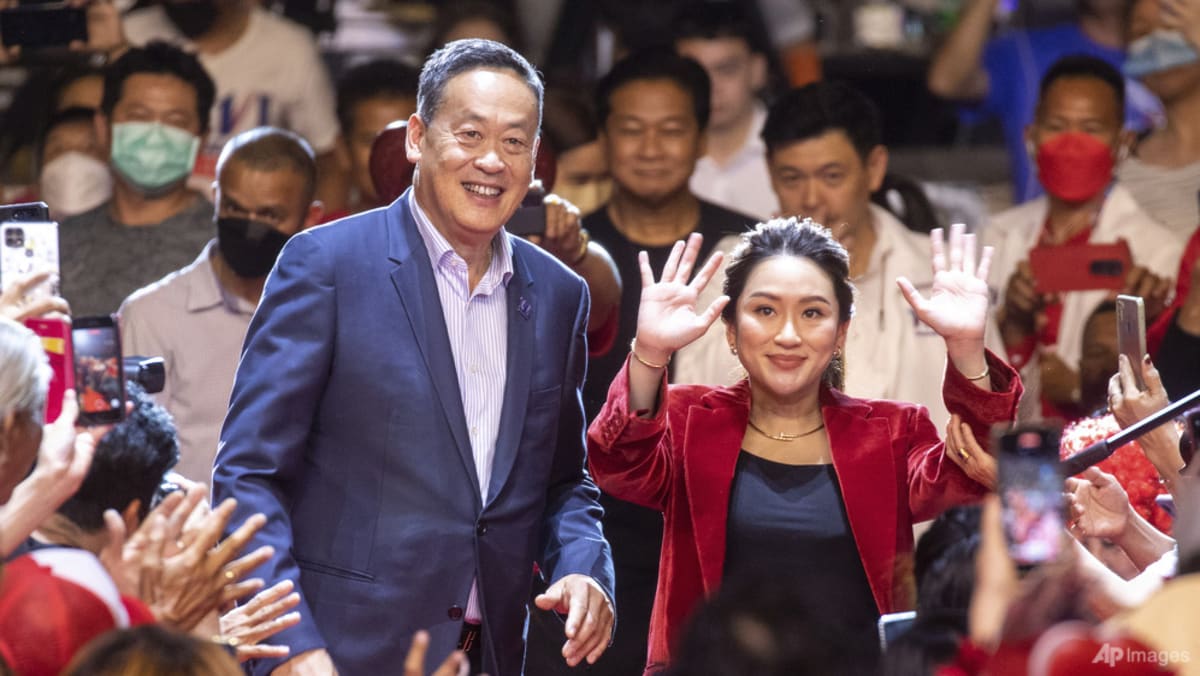
Instead, it is Pheu Thai, which ran a respectable second place in the May election with 141 seats, which now appears to be taking the lead in forming an alternative, conservative coalition.
Even before the election, there were rumours that the conservative parties had been negotiating with Pheu Thai with the prospect of forming a coalition. One report circulating in Thai social media even claimed that Thaksin had met with a close aide to King Vajiralongkorn, former army commander, General Apirat Kongsompong, on the Malaysian island of Langkawi in April.
In its election campaign, Pheu Thai was careful not to antagonise the monarchy, by refusing to support calls to reform the draconian lese majeste law, which forbids criticism of the monarchy.
In recent days the Pheu Thai leadership has publicly met with representatives of the conservative parties. These include the military-backed Palang Pracharat party, led by the politically influential general Prawit Wongsuwan. The two parties have more in common than one might think.
In government, Palang Pracharat contained many politicians from Thaksin’s own former Thai Rak Thai party. Prior to the 2023 election, some Palang Pracharat politicians rejoined Pheu Thai, Thai Rak Thai’s successor party.
The other prospective partner is Bhumjaithai, another conservative populist party, which came third with 70 seats. Bhumjaithai is also part of Thaksin’s political network, having broken away from another earlier Thaksin party, Phalang Prachachon, in 2008.
THAKSIN AND PHEU THAI REMAIN A POWERFUL FORCE IN THAI POLITICS
Add some of the smaller parties and a Pheu Thai-led conservative coalition would have a majority of seats in the House of Representatives. This would be acceptable to the military-appointed Senate – and be able to form the government.
